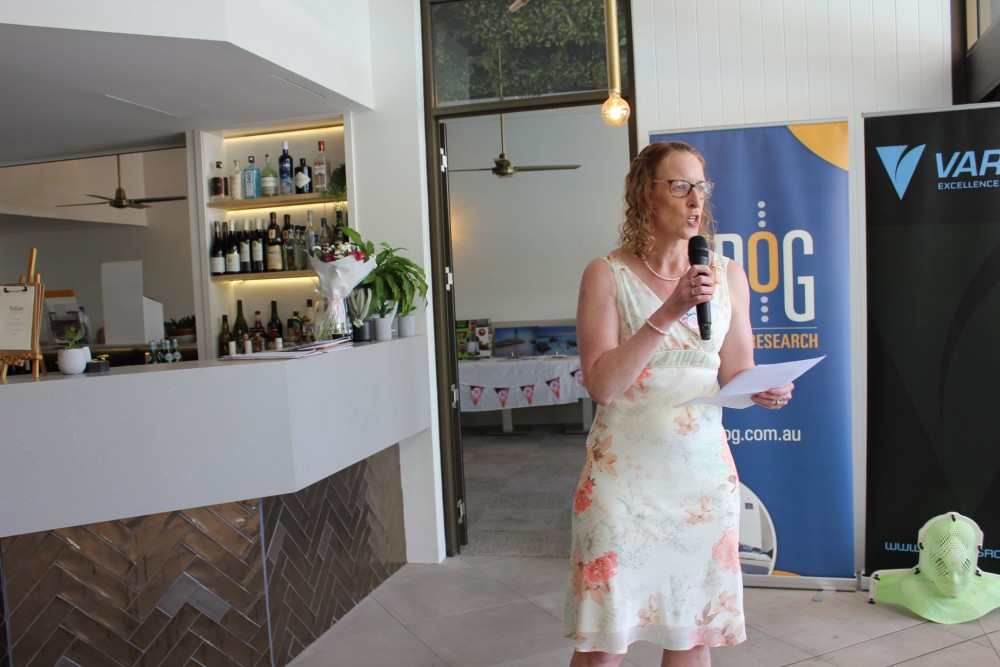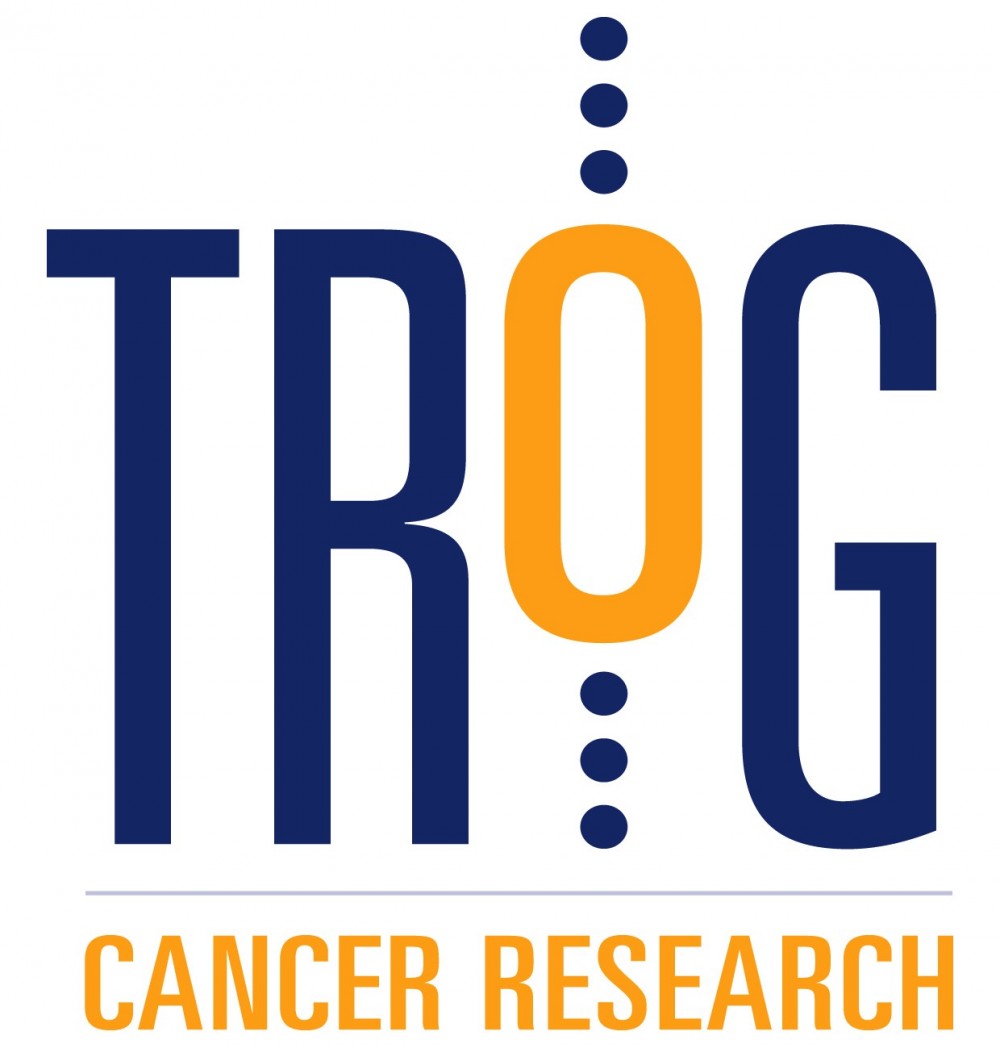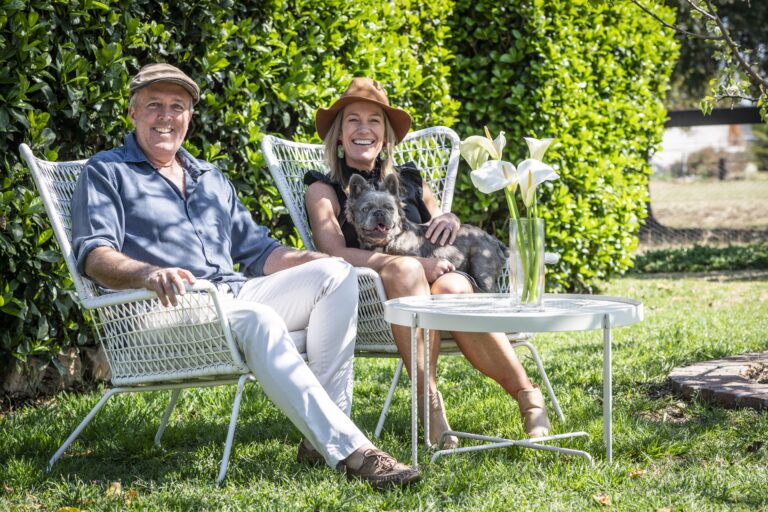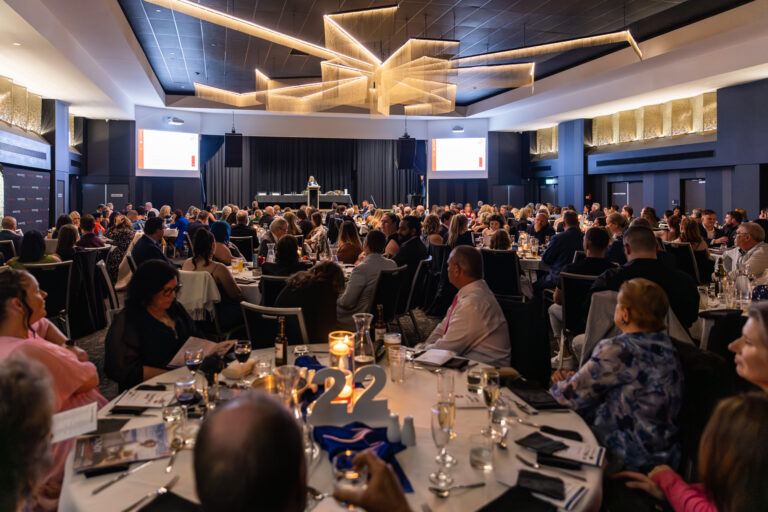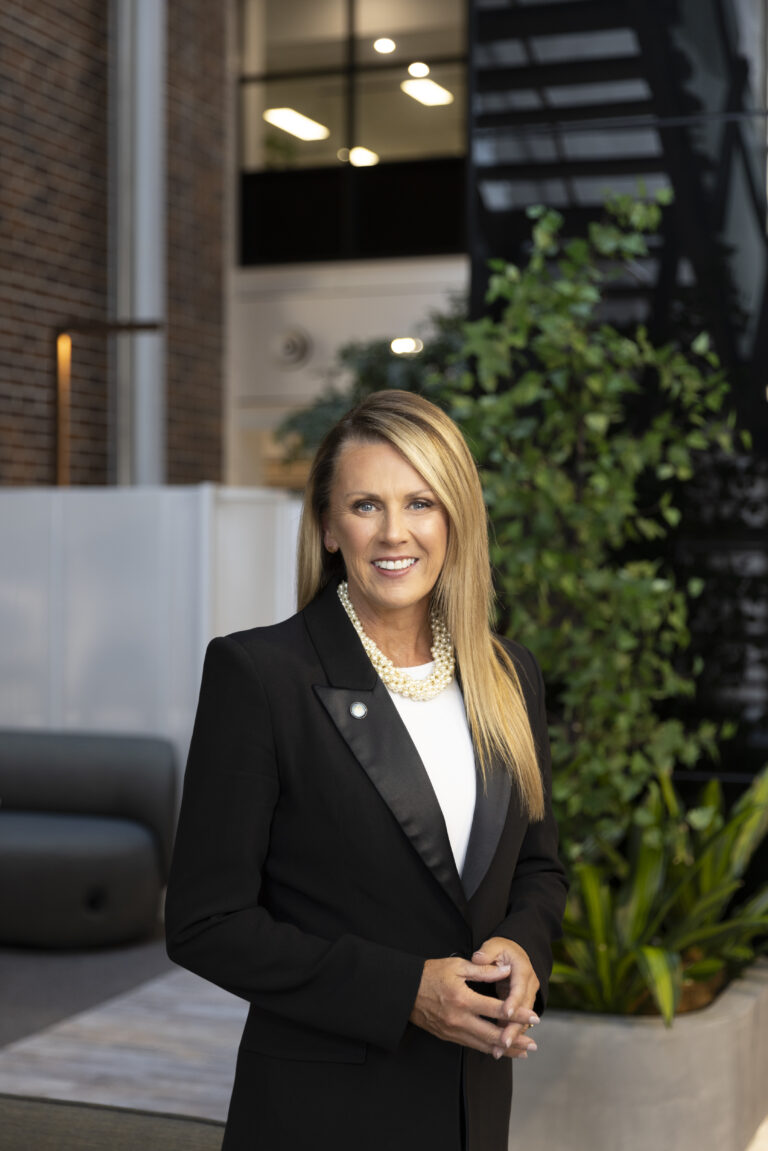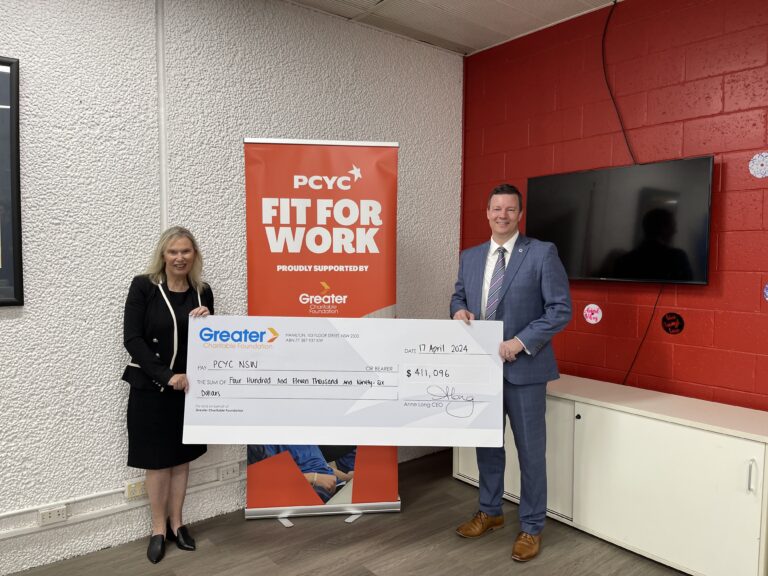As the Chief Executive Officer of TROG Cancer Research, Susan Goode oversees the strategic direction of TROG’s research activities. She is also responsible for managing the Central Operations Team from an operational perspective.
Susan has more than twelve years’ experience in clinical and health services research and had formerly been providing strategic support to the Hunter New England Clinical Cancer Research Network. She also has a strong medical research background, having worked as a trial coordinator, project officer, program coordinator and research manager.
Formerly, Susan was the Centre Manager for the Hunter Cancer Research Alliance at the University of Newcastle.
- What makes a good leader?
I think that there are three key aspects; the first one I think is being a really good active listener.
So, being able to take feedback on, listening to different people’s point of views, and then use that to formulate new decisions and how you move forward.
The second aspect that I think makes a really great leader is persistence.
So, it doesn’t matter what organisation you work for and what industry, there’s always going to be challenges and obstacles that you have to overcome. And I think great leaders, those ones that can tackle those with a positive attitude, think innovately and creatively and staying there for the long term and really persist to overcome those challenges to get the best outcomes for their organisation.
And the final one I think is having a really positive attitude and a positive outlook on life.
So, I approach each day and each occasion of thinking how can I get the best out of this moment, how can I get the best out of this interaction, how can I get the best out of this person? And even to the point of where there’s a negative, I don’t see it as a failure, I see it as an opportunity to learn and think how can I do better in the future.
- What has shaped your leadership style?
Again, I’m going to answer in three parts, and it’s distinct parts of my life where I’ve had different like experiences.
So the first one was growing up at a farm in a rural community. And at that time there was quite a bit of hardship in terms of the economic time and the uncertainty obviously, the weather, in farming. And what I took away from that was really a very strong work ethic, keeping that positive attitude, and really just doing your best in those moments.
So, the next transition in my life was when I left high school and went to the Defence Force.
I joined the Royal Australian Navy, and in that time I suppose I’ve got a lot of formal training in terms of leadership training. But probably what I took the most from in terms of leadership was more the informal training, so the on the job training, so I was on Australian Navy warships and I had to be the officer to watch on the bridge of the ship and in command of the ship and providing leadership to those people I was working with. So that was obviously very challenging, but very rewarding.
The other thing I really learned a lot from the Defence Force was doing a lot of adventure training. So we’ve gone to camps and do abseiling and rock climbing, which is a lot of fun, but it really tested your ability and your capacity I think mentally, physically and emotionally, and that really sort of built me I think as a leader.
Finally I think when I left the Navy I decided that I’d like to pursue a career in health and medical research, which brings me to where I am now. I’ve been in that field now for 15 years. And I think in that field I’ve really been inspired by a lot of the research leaders that I’ve had the privilege to work with. And I’ve seen how they’ve been able to work strategically, built their programs, secure research funding which is quite challenging, and also to provide mentorship for the next research community, the next leaders in our community. So I’ve really learnt a lot from that.
- How do you see TROG Cancer Research as a leader in the industry?
Well, TROG Cancer Research has a proud history; we’ve been operating for over 30 years based in the Hunter.
We first started operating in 1989 based here in the Hunter, and we had leaders like Jim Denham who is based at the Karamaneh Hospitals who help to establish the organisation. We then have reached out and we operate across Australia and New Zealand.
In terms of the mission for TROG, we conduct world-class radiation therapy research that improves patient outcomes and improve the patient’s quality of life.
During our 30-year history we’ve actually been able to conduct over 105 clinical trials, and we’ve had 14,500 patients involved in those clinical trials.
So, the results of our trials are really important, because they help us actually inform clinical practice guidelines which guide how we treat patients. The outcomes of our trials have actually helped us improve patient treatments and patient experiences. And they’ve also been able to improve the quality assurance processes that happen within each of those cancer treatment centres across Australia and New Zealand.
But we don’t just do it nationally, we also work with a lot of international collaborators, and we work with a leading radiation therapy research groups from across Europe, Canada, and the UK and have conducted our work.
In terms of the great work we do, we do it through our members. So, we actually have over 1600 members across Australia and New Zealand, and these members consist of multidisciplinary staff, including radiation oncologists, radiation therapists, medical physicists, and trial coordinators. And it’s all these great people that we work with that enable us to do the great research that we do.
- What’s good about doing business in the Hunter?
I think for me being located in the Hunter is really a lifestyle choice. So, I think we’re really fortunate to have beautiful landscapes right at our doorstep, which ranges from beaches through to national parks.
I like that you can have a rural setting quite close to the city, because I grew up in a rural town. And I actually like that I can live in a really peaceful rural setting, and then have a close commute into the city.
In terms of health and medical facilities and the services that we have here, we’re really fortunate I think to have a world-class University of Newcastle right here on our doorstep. And also the Hunter Medical Research Institute. So to me these institutions are really core in terms of training up the next generation of health professionals, and also enabling vital health and medical research to happen.
The final thing I think that is really great for me is being within a short commute to Sydney, because TROG Cancer Research is actually one of the few national cancer trials collaborative groups that aren’t based in a capital city. And I think that’s really positive, but it’s certainly very fortunate that we can regularly go to Sydney for meetings and we can still stay connected and attend lots of good opportunities in Sydney and also in other capital cities. But really just be based in this regional location I think is great.
- Which local businessperson do you find inspiring?
I don’t think I could name a single business person, and certainly working closer to the University of Newcastle and Hunter Medical Research Institute over the years I have worked with some really great people.
From Hunter Medical Research Institute one of the people comes to mind for me is Brad Webb. So Brad was working at HMRI in a senior leadership role, and at the time I was managing HMRI’s Cancer Research Program. I really looked up to Brad and I thought that’s someone that I’d like to be like in terms of a great role model for me. The things that I really liked about Brad was his very positive attitude, he was a great communicator, he was a strategic thinker.
And I think for the research sector he really demonstrated how you could get people from different backgrounds and with I suppose different desires to work together and really showed how collaboration can really make a big difference. So I saw Brad as a great role model.
In terms of the University of Newcastle where there’s so many great researchers that I worked with, but I would name one in particular, so Professor Christine Paul.
So Chris is a behavioural health researcher at the University of Newcastle, and Chris was on the executive for the Hunter Cancer Research Alliance when I was the centre manager there.
What I learned from Chris are so many things, it’s hard to know where to start, but certainly I really liked that she was a strong advocate for gender equity and she had a really great passion of teaching and supporting junior people and mentoring junior people.
Chris also, I think as much as she had a great cancer program and a great research program that she led, she was also able to talk to people at different levels and be really clear in how she communicated what she was doing and the value of that, so I really learned a lot from that, tailoring your communication to the audience.
And I think finally probably Chris taught me a lot about tenacity.
So in the research environment as much as in the farming environment it might be the climate that was the challenge or the weather, and in the research environment it’s such a challenge to get resources and to get funding. I think you just have to be really persistent and you have to keep working on good quality collaborations and great ideas and then keep putting those proposals back to the funding bodies, and eventually you’ll be successful.
I think working in research is a really challenging environment, but it’s certainly also very rewarding.

